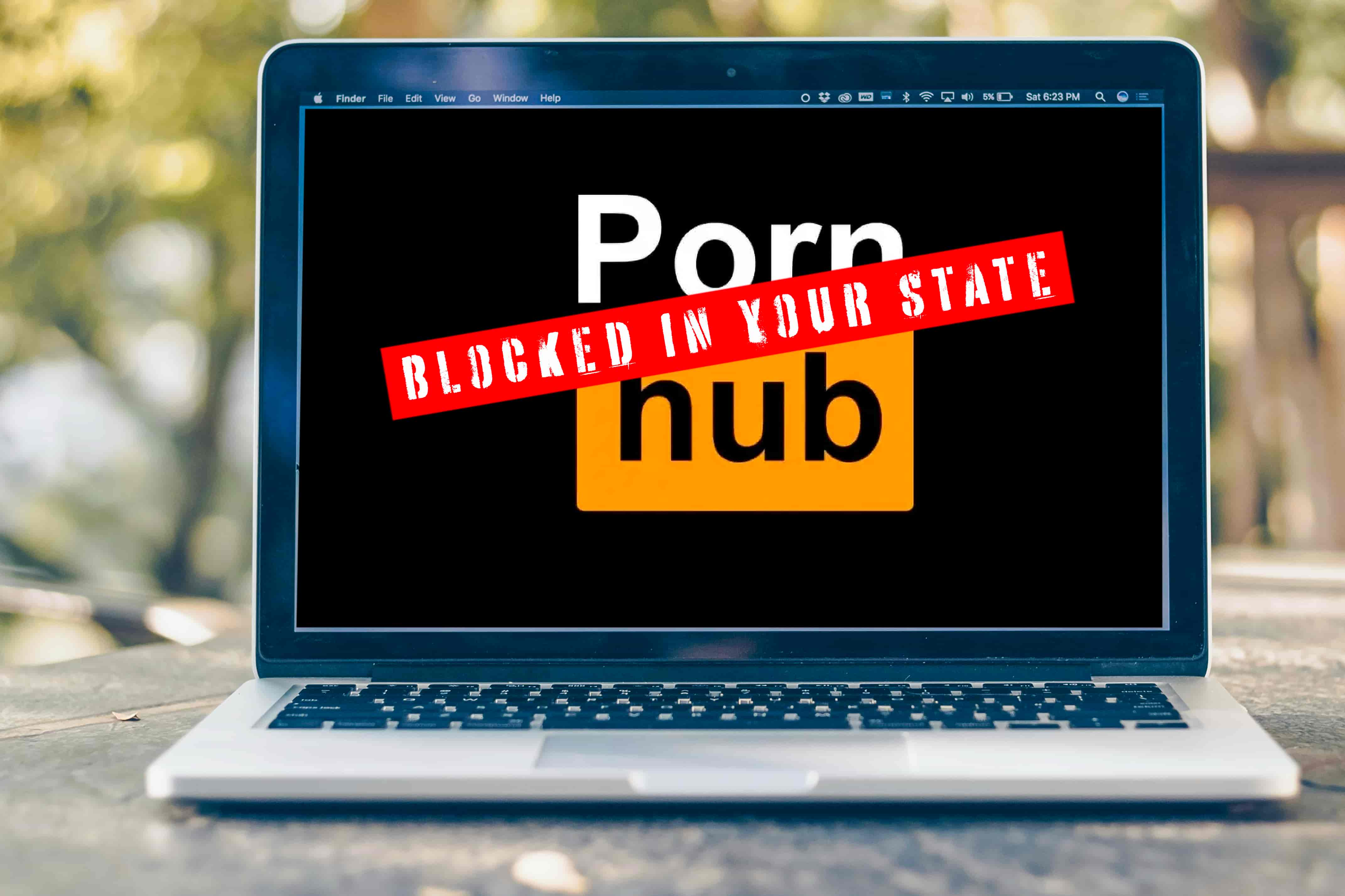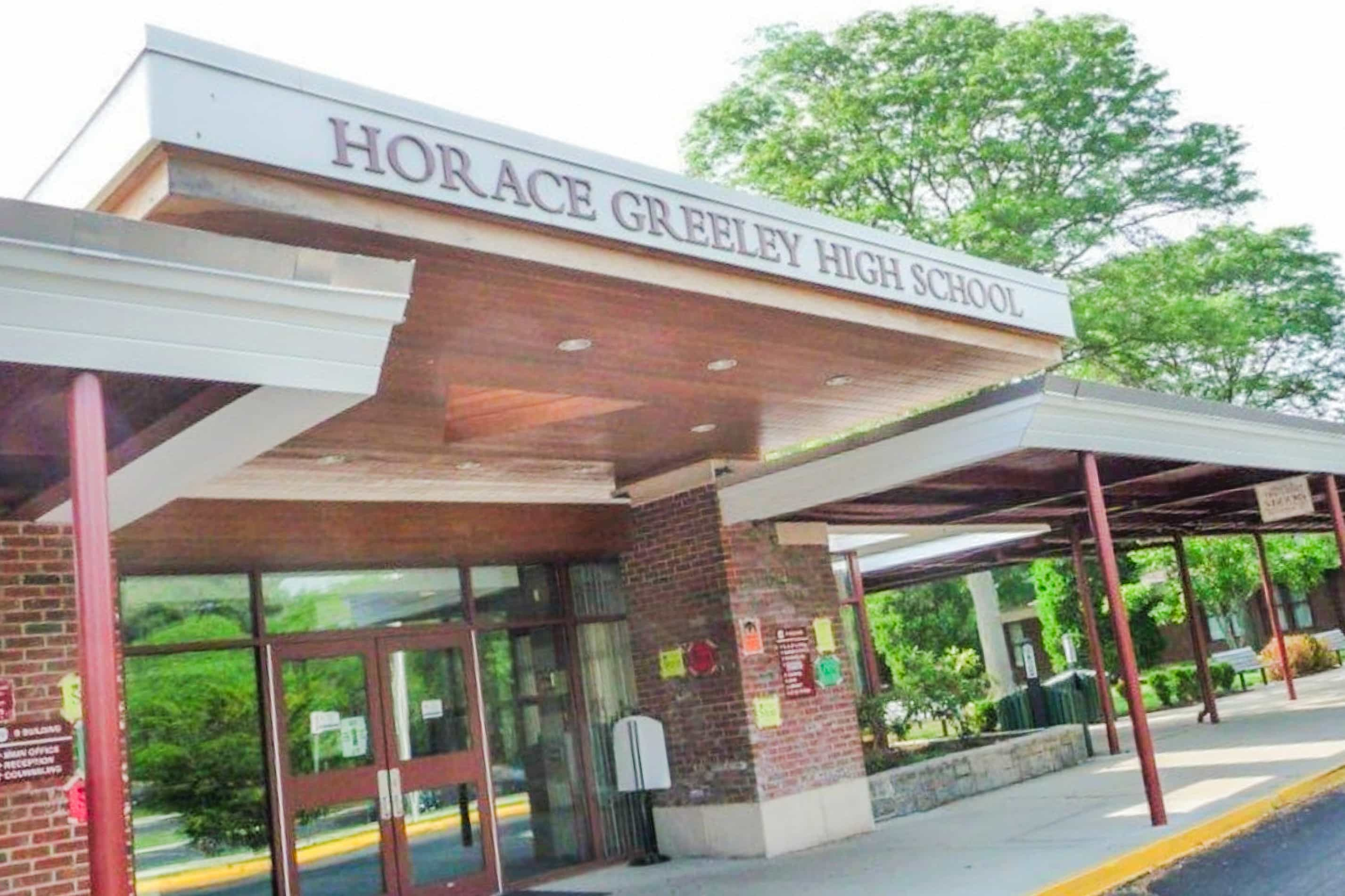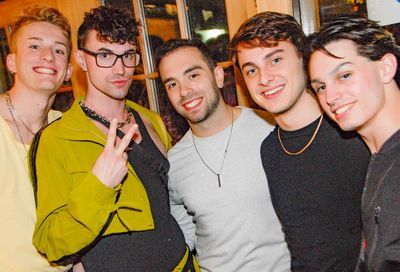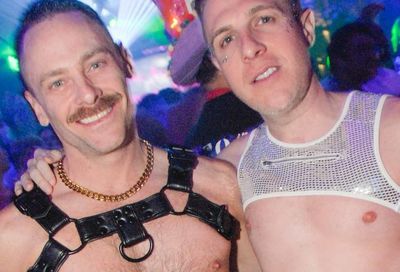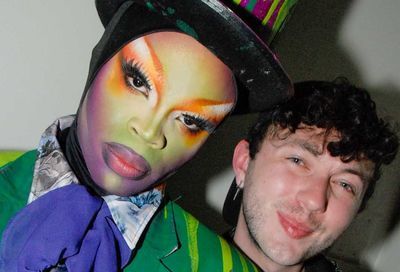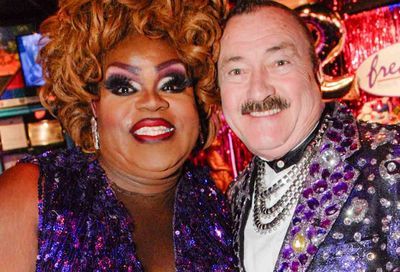South Florida Locales Repeal Conversion Therapy Bans
Repeal is part of a strategic move to avoid a Supreme Court decision that might strike down all conversion therapy bans.

Last week, the Palm Beach County Commission repealed an ordinance that banned conversion therapy in the South Florida county, following a string of unfavorable court decisions that blocked the law from being enforced.
The action follows a similar vote last month by the Boca Raton City Council to overturn its own ordinance banning the practice, which purports to change a person’s sexual orientation or gender identity by modifying their behavior so they do not act upon their feelings of same-sex attraction.
Twenty-one other cities or counties in Florida have ordinances prohibiting conversion therapy still on the books, but all are currently unable to be enforced due to a decision by the 11th U.S. Circuit Court of Appeals, which claimed that the bans were a restriction on free speech because they barred the right of therapists to express their personal views and opinions regarding sexuality and gender, especially in the context of “talk therapy” that does not physically harm patients.
Critics of the court’s ruling say it favors the rights of therapists over what may be best for their patients.
Both Boca Raton and Palm Beach County’s ordinances were adopted in 2017 in order to prevent minors from being forcibly enrolled in conversion therapy against their will, on the grounds that the therapy is ineffective, unreliable, potentially a form of fraud and harmful to those subjected to it.
A 2020 study from the Williams Institute, an LGBTQ think tank at the UCLA School of Law, found that lesbians, gays, and bisexuals subjected to conversion therapy are twice as likely to attempt suicide as those who never underwent it. A similar peer-reviewed study, published in the American Journal of Public Health, found that LGBTQ youth subjected to conversion therapy were more than twice as likely to report having attempted suicide and more than two-and-a-half times as likely to report multiple suicide attempts over the past year.
But the South Florida bans were soon challenged by two marriage and family therapists in Palm Beach County, who claimed that the bans on conversion therapy discriminated against the therapists’ right to engage in and provide counseling consistent with their clients’ religious beliefs, and their clients’ right to seek treatment to deal with “unwanted same-sex attraction” or gender dysphoria, based on their religious beliefs opposing homosexuality.
A federal judge initially ruled against the therapists, but on appeal, a three-judge panel of the 11th U.S. Circuit Court of Appeals issued injunctions barring localities from enforcing the bans in November 2020. Palm Beach County and Boca Raton asked for a rehearing of the case before the full court, but the court denied that request, ultimately issuing a mandate finalizing its decision this past July, according to the Palm Beach Post.
But LGBTQ advocates who once rallied behind passage of such bans are now encouraging localities in Florida (as well as Georgia and Alabama, which are covered by the 11th Circuit) to reverse the prohibitions on conversion therapy of their own accord — just as Palm Beach County and Boca Raton recently did. They are billing it as a strategic move to avoid an appeal of the 11th Circuit’s decision to the U.S. Supreme Court, which they see as hostile to LGBTQ rights.
“With the current make-up of the Court, that is not advisable,” Rand Hoch, the founder of the Palm Beach Human Rights Council, told The Florida Capital Star last month.”By repealing the ordinances, the legal issue before the District Court will be moot and the litigation will end.”
The Supreme Court has never affirmatively ruled on a conversion therapy ban, instead choosing in past years to refuse to hear challenges from conservative groups to lower court rulings that allowed bans to stand in states like California and New Jersey.
While Hoch lamented that the bans on conversion therapy protected a number of LGBTQ youth, as long as the nation’s highest court is in conservative hands, it behooves more liberal localities to avoid passing laws that might be struck down for fear of further backtracking on LGBTQ rights.
“We don’t want the Supreme Court to rule on this because we feel they might make an adverse ruling” that would apply nationwide, Hoch told The Palm Beach Post. As it stands, if the case is never appealed to the Supreme Court, the injunction will only apply to localities in the three states covered by the 11th Circuit, allowing other states to keep their bans on conversion therapy intact.
Support Metro Weekly’s Journalism
These are challenging times for news organizations. And yet it’s crucial we stay active and provide vital resources and information to both our local readers and the world. So won’t you please take a moment and consider supporting Metro Weekly with a membership? For as little as $5 a month, you can help ensure Metro Weekly magazine and MetroWeekly.com remain free, viable resources as we provide the best, most diverse, culturally-resonant LGBTQ coverage in both the D.C. region and around the world. Memberships come with exclusive perks and discounts, your own personal digital delivery of each week’s magazine (and an archive), access to our Member's Lounge when it launches this fall, and exclusive members-only items like Metro Weekly Membership Mugs and Tote Bags! Check out all our membership levels here and please join us today!



